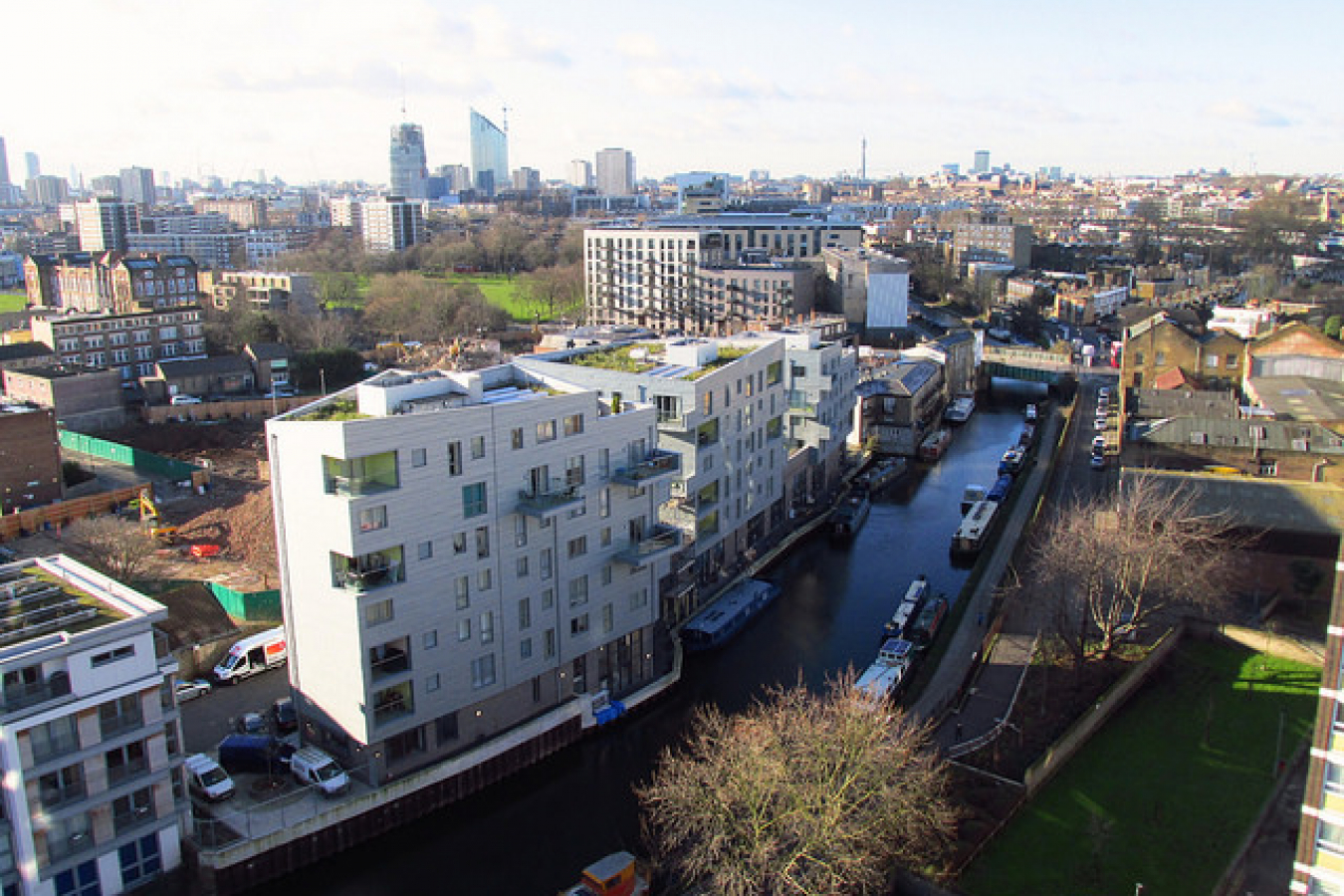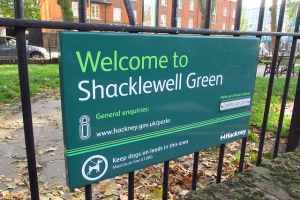Support migrant centric journalism today and donate

 • Media Center » Video Immigration News
• Media Center » Video Immigration News
Demands for a cap on the number of non-EU immigrants allowed to remain in the UK have been rejected by British immigration minister Liam Byrne.
In a report scheduled to be released soon, a cross-party parliamentary group will call on the Government to slash the number of non-European Union migrants who are allowed to remain in Britain permanently after they satisfy the five-year residence requirement under their work permit.
Thousands of foreign workers come to the UK under its skilled immigration schemes, such as the UK Work Permit scheme (soon to become Tier 2 of the UK's new five-tier points based immigration system) and its highly skilled migrant scheme. Non-EU nationals who have legally resided in the UK for five years can apply for permanent residence, otherwise known as indefinite leave to remain or settlement.
In addition, most European Union citizens have unrestricted rights to live and work in the UK as part of their accession treaties. When 8 Eastern European nations joined the EU in 2004, the UK opened its labor market to citizens of these nations. Hundreds of thousands of Eastern European workers flocked to the UK as a result.
A recent Eurostat report has estimated that the UK will have the highest population of the European Union with 77 million people in the next fifty years, mainly due to immigration. However, other reports have shown the number of Eastern European immigrants starting to decline.
The group, led by Labour member Frank Field and Conservative former minister Nicholas Soames, will argue for a "balanced migration" policy that would set a cap on immigration in step with the number of emigrants leaving the country. The desired end result is a stable population over time.
However, UK immigration minister Liam Byrne stated that the new points-based immigration system would help balance Britain's population with its economic immigration needs.
"Unlike made-up quotas, this stops Government cutting business off from the skills it needs when they need them," Byrne said.
"We've asked the new, independent Migration Advisory Committee to make sure we hear common sense on the new rules," he added. "We're looking forward to their report on where we need migrants and where we don't on Tuesday before the [Tier 2] points system goes live in under three months time."





















